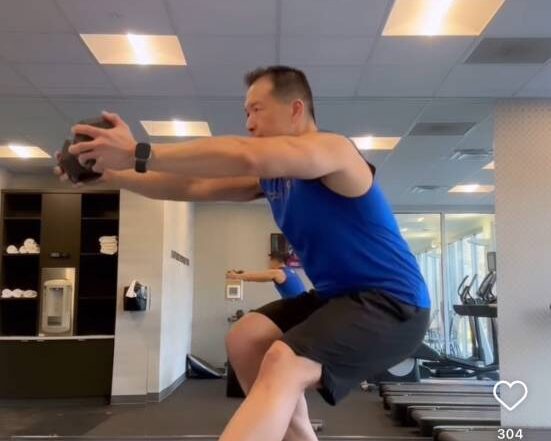
For every hour Tesla and SpaceX founder Elon Musk’s kids are on their screens, they have to spend twice as much time reading. A video game player himself, the world’s richest man realizes its addictive nature, so setting this rule helps his kids not get too hooked.
For a number of children, summer break means family vacations and enrichment lessons in sports, academics, or the arts. Not everyone has that privilege or the resources, so some end up frittering their time away in front of their screens.
Sumitha Bhandarkar, founder of life skills blog A Fine Parent (afineparent.com), shared her summertime rules for bored kids: No screens until you have read for 45 minutes, done one math lesson, written your paragraph of the day, made your bed and cleaned your room, played outside for 30 minutes, played or crafted something creative for 40 minutes, and finished two chores.
Tips
I’ve applied these tips since school ended for my kids, age 6 and 11, and so far, pushback has been manageable. Consistently finishing all their tasks is their passport to getting screen time.
Math: They choose to tackle this first after breakfast as it gets them in the right frame of mind. They do a few pages of a workbook to review what they learned from the school year. You can buy summer bridge workbooks, print free worksheets online, or do the unanswered pages of their old school books.
Writing: I collect writing prompts from parenting websites (also search dinnertime conversation prompts) for the kids to answer in at least five sentences questions like “Name a fear you’d like to conquer” or “What’s a kind thing you’ve done for someone else?”
Their responses can be hilarious and are always interesting. I edit their work and show them how they can better express their thoughts so they don’t lose the discipline and, hopefully, it becomes second nature to them.
P.E.: They like to take a break by walking or racing with each other outside our house to soak up some morning sun. Or, they dance along to some free songs on Just Dance or on YouTube.
Reading options
Reading: There are online libraries like Scholastic, Buribooks, or Epic! that kids can read from, some even with accompanying comprehension quizzes at the end of each book. However, I try to get their eyes off screens as often as we can, so I curate a selection of old and new books from our own stash or borrow another household’s to expand their choices. Visit secondhand bookstores like Booksale and discover some incredible finds.
Music: The kids do piano lessons with Hoffman Academy online (which has free videos), but there are other free resources and apps, too, for whatever instrument you may have at home. No instrument? Practice singing with free apps like WeSing.
Art: We change this up daily so it’s fun for everyone. They either play with Lego, bake cookies or cupcakes, draw, paint or sculpt with clay or Play-Doh. Or, we just watch a family-friendly flick or documentary (they get to pop their own popcorn!), guided by reviews on Common Sense Media (commonsensemedia.org).
Starting their summer weekdays with a little structure gets them used to a schedule and reinforces the habit of putting first things first. They have their usual family contributions like feeding our animal companions, making their beds and picking up their room.
Sometimes, we mix it up with an hour of indoor climbing, a jiujitsu session, swimming at a relative’s house or busting out our old inflatable pool. It’s more of a wading pool now that they’ve grown, but we just add toys that they don’t normally play with outdoors and we’ve suddenly expanded the possibilities.
Embedding a love for movement in children not only burns off excess energy but also nurtures a growth mindset of practice leading to progress. Whether it’s math, writing, piano, or sports, consistently putting in the time ensures songs you know how to play stays in your repertoire, and your muscles remember how you need them to move, all year round. —CONTRIBUTED








































